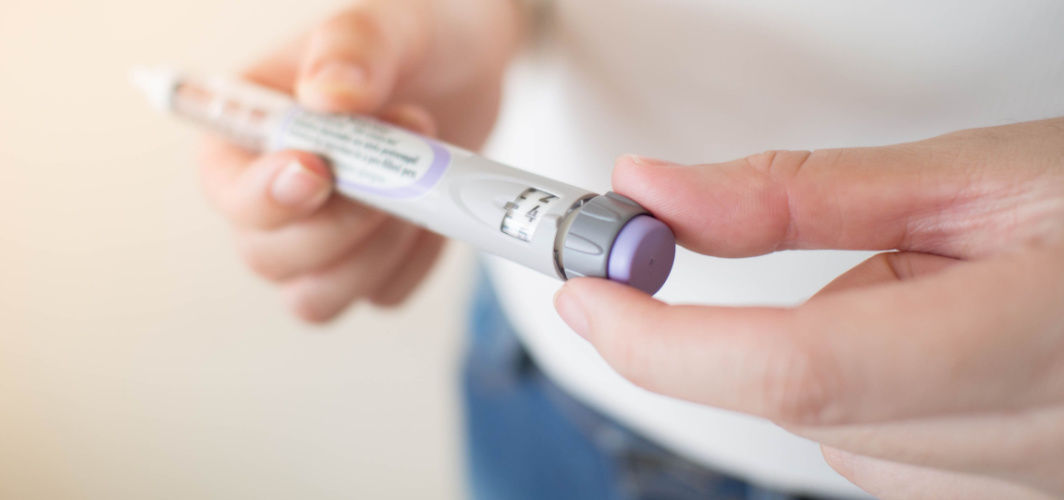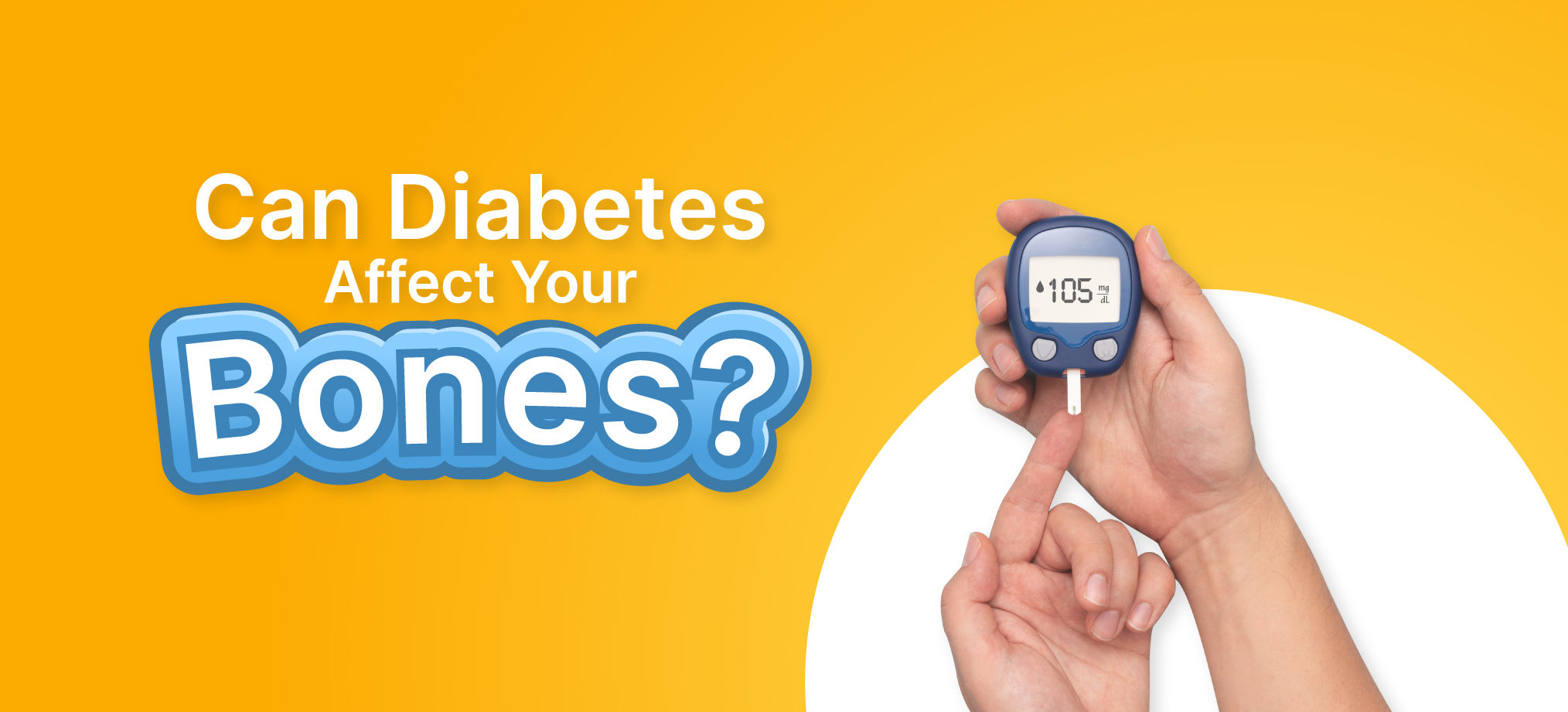Diabetes Management
What Is Insulin? Answering The Top 5 Frequently Asked Questions
5 min read
By Apollo 24|7, Published on - 09 June 2023, Updated on - 01 September 2023
Share this article
0
13 likes

We all have read that insulin plays a major role in regulating blood sugar levels and maintaining overall health. But what is insulin? Insulin is a hormone released by the pancreas, which helps in utilising the glucose, present in the blood, for the production of energy. In this blog, we will shed light on the top 5 frequently asked insulin questions to help you understand its functions and impact on your well-being.
FAQ 1: What Is Insulin's Function?
The main job of insulin is to control blood sugar levels by allowing glucose (sugar) to enter our cells and provide energy. Other functions of insulin include:
- Helps store extra glucose as glycogen in the liver and muscles.
- Stops the breakdown of glycogen into glucose, thereby preventing a sudden spike in blood sugar.
- Helps build proteins and store amino acids in our cells.
- Helps store fats in our body's cells.
- Regulates our appetite and provides satiety.
Also Read: Insulin therapy for diabetes: Separating myths from facts
FAQ 2: How Is Insulin Produced in the Body?
Let's take a look inside the pancreas, where insulin is made!
- Insulin is produced in a special part of the pancreas called the islets of Langerhans.
- Specific cells called beta cells in the islets of Langerhans produce insulin.
- After we eat a meal and our blood sugar goes up, these beta cells release insulin into our bloodstream.
- The production of insulin is controlled by different factors like our blood sugar levels, hormones (like glucagon), and signals from our nerves.
- Sometimes, certain conditions like autoimmune diseases (such as type 1 diabetes) or damage to the pancreas can affect the production of insulin significantly.
To know if your body requires insulin, Book Apollo's Diabetes Panel Test
FAQ 3: What Is Insulin Resistance?
Insulin resistance occurs when our cells become less responsive to the insulin hormone. This results in excess glucose levels in the blood. Various factors that may contribute to insulin resistance include:
1. Obesity
Research says excess body weight, particularly abdominal fat, can result in insulin resistance.
2. Genetics
Mutation (change) in certain genes such as INSR and SIRT2 can increase the risk of insulin resistance.
3. Chronic inflammation
Inflammatory processes in the body can interfere with insulin signalling. The more inflammation, the more insulin resistance.
4. Ageing
The glucose metabolism capacity of skeletal muscles reduces with age, thereby increasing the risk of insulin resistance and impaired glucose tolerance in older adults.
5. Sleep disturbances
Lack of quality sleep or sleeping disorders may contribute to insulin resistance.
6. Medications
Some medications, such as certain antipsychotics or corticosteroids, can affect insulin sensitivity in the body and result in resistance.
FAQ 4: What Are the Types of Insulin Used to Treat Diabetes?
There are several types of insulin available, including:
1. Rapid-acting insulin
It starts working within 15 minutes after injection, peaks in 1 to 2 hours, and is typically taken before or after meals to control post-meal blood sugar spikes.
2. Short-acting insulin
This type begins working within 30 minutes after injection, peaks in 2 to 3 hours, and lasts for about 3 to 6 hours. It is taken before meals to manage blood sugar levels during eating.
3. Intermediate-acting insulin
Intermediate-acting insulin takes effect in approximately 1 to 2 hours, has a more prolonged impact lasting 12 to 18 hours, and is commonly administered twice a day for basal insulin coverage. Basal insulin helps control blood sugar levels during periods of fasting.
4. Long-acting insulin
It starts working gradually within 1 to 2 hours after injection and provides a steady release of basal insulin for up to 24 hours. This type helps maintain stable blood sugar levels between meals and overnight.
5. Pre-mixed insulin
Pre-mixed insulin combines fixed proportions of short-acting and intermediate-acting insulin. It simplifies the injection process and is suitable for individuals requiring both basal and mealtime insulin.
FAQ 5: How Is Insulin Administered?
Insulin can be administered in various ways depending on the individual's needs and preferences. Here are the common methods of insulin administration:
1. Injections
A syringe is used to inject insulin under the skin.
2. Insulin pens
Devices called insulin pens are provided with adjustable dose settings that can deliver insulin from an insulin cartridge placed inside the pen through a fine needle attached to the pen.
3. Insulin pump
These are small devices that deliver a continuous supply of insulin through a catheter. You may need to change the insulin pump after a certain period of time.
Also read: Insulin therapy: All you need to know
Takeaway
Knowing about insulin is important for staying healthy, especially if you have been diagnosed with diabetes. By learning about insulin, you can make better choices for your health and talk to your doctor when you need help. Remember, your healthcare provider is the best person to give you personalized advice and information about insulin and how it affects your body. Take a step towards understanding and managing your insulin-related concerns today.
Medically reviewed by Dr Sonia Bhatt.
Diabetes Management
Consult Top Diabetologists
View AllLeave Comment
Recommended for you
.jpg?tr=q-80)
Diabetes Management
What is the Difference between Diabetes Insipidus and Diabetes Mellitus?
Diabetes Insipidus is a rare condition where the body can't properly regulate fluid balance, leading to excessive thirst and urination. Diabetes Mellitus, on the other hand, is a more common condition characterized by high blood sugar levels due to insulin dysfunction, leading to various health complications. Both conditions share the name "diabetes" but have distinct causes and symptoms.

Diabetes Management
How Does Diabetes Affect Bone Health?
People with diabetes, especially type 1 diabetes, have an increased risk of bone diseases, including hip fractures. Factors such as reduced insulin-like growth factor-1, increased oxidative stress, glycation, reduced calcium absorption, high parathyroid hormone levels, and urinary calcium discharge contribute to reduce the bone strength and quality. Consulting an orthopaedician for osteopenia and osteoporosis treatment can be one way of keeping the bones in good shape

Diabetes Management
Tips For Maintaining Stable Blood Sugar Levels
Blood Sugar levels can be maintained by lifestyle changes such as a balanced diet, meal planning and exercise.
Subscribe
Sign up for our free Health Library Daily Newsletter
Get doctor-approved health tips, news, and more.
Visual Stories

8 Fruits That are Incredibly Healthy for Diabetes
Tap to continue exploring
Recommended for you
.jpg?tr=q-80)
Diabetes Management
What is the Difference between Diabetes Insipidus and Diabetes Mellitus?
Diabetes Insipidus is a rare condition where the body can't properly regulate fluid balance, leading to excessive thirst and urination. Diabetes Mellitus, on the other hand, is a more common condition characterized by high blood sugar levels due to insulin dysfunction, leading to various health complications. Both conditions share the name "diabetes" but have distinct causes and symptoms.

Diabetes Management
How Does Diabetes Affect Bone Health?
People with diabetes, especially type 1 diabetes, have an increased risk of bone diseases, including hip fractures. Factors such as reduced insulin-like growth factor-1, increased oxidative stress, glycation, reduced calcium absorption, high parathyroid hormone levels, and urinary calcium discharge contribute to reduce the bone strength and quality. Consulting an orthopaedician for osteopenia and osteoporosis treatment can be one way of keeping the bones in good shape

Diabetes Management
Tips For Maintaining Stable Blood Sugar Levels
Blood Sugar levels can be maintained by lifestyle changes such as a balanced diet, meal planning and exercise.